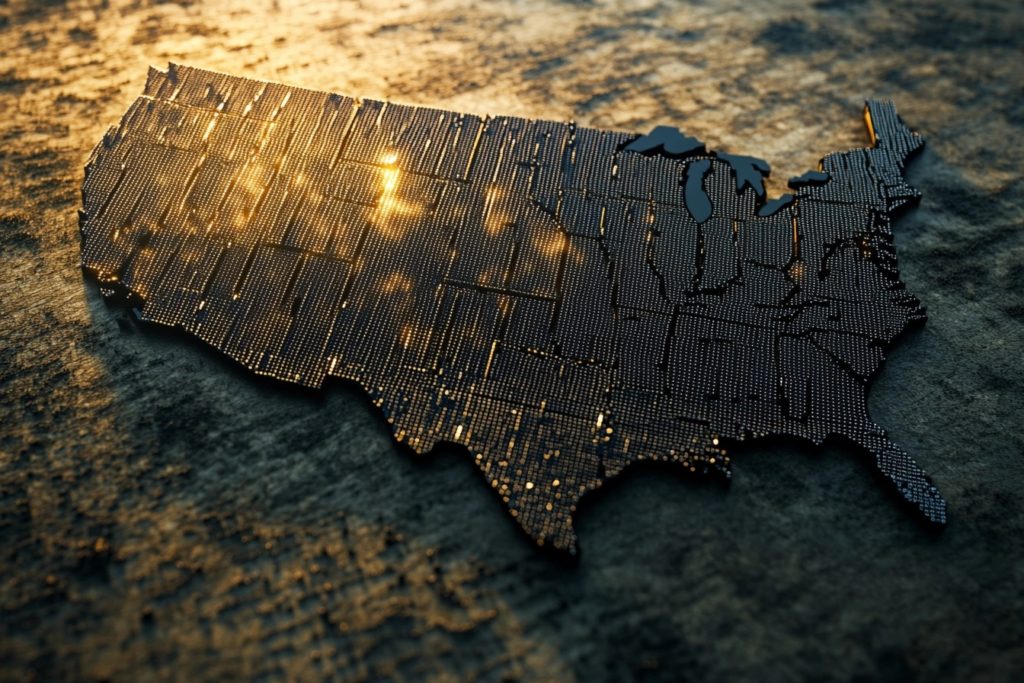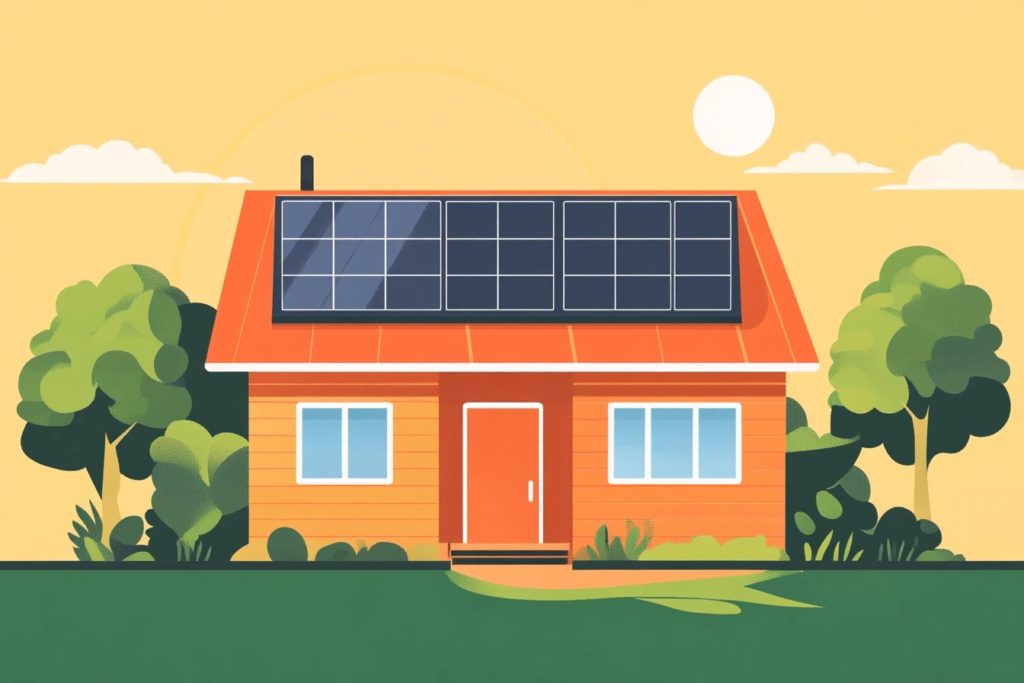There are quite a few common questions associated with installing solar panels for your home. One important question we hear all the time is, “How long do solar panels last on a house?” The answer to this question can have a significant impact on the overall affordability of your residential solar array, as a short lifespan could entirely undermine the financial benefits of solar energy.
Thankfully, most solar panels last for roughly 25-30 years, which is plenty long enough for your solar energy system to more than pay for itself. That said, your panels won’t simply stop functioning once they hit the 25-year mark. Rather, they will degrade to the point where they no longer meet the manufacturer’s projected output level.
There are several important aspects to understanding the true lifespan of solar panels, and we’ll cover them one by one in this analysis. How long do solar panels last on average? Let’s find out.
How Long Do Solar Panels Last?
Solar Panel Degradation Rate
Depending on the make and model of your solar panels, the degradation rate of each panel may vary quite a bit. Still, for the most part, the typical solar panel loses around 0.5% of its output potential with each year it’s in use. This is a significant upgrade in lifespan in less than a decade, as a 2012 study by the National Renewable Energy Laboratory indicated that solar panels lost roughly 0.8% of their energy output annually.
How long do solar panels last before they reach the end of their useful lifespan? If we assume that the manufacturer intended the panels to operate efficiently for 30 years, they should still maintain roughly 85% of their capacity. While this is a noticeable loss of efficiency, it’s much better than the ~75% output you’d have left if degradation levels were still where they were ten years ago.
Elements That Impact Solar Panel Lifespan
How long do solar panels last when you factor in some variables? There are four key factors that determine how quickly your solar panels will degrade. The first, is the quality of solar panels you purchase to begin with. The higher quality panels you buy, the longer you can expect them to last.
The climate in your area also makes a big difference. Extreme weather events can wreak havoc on solar panels, so if you live in a region that frequently experiences thunderstorms, blizzards, and other severe storms, you should expect a shorter lifespan for your solar panels.
Finally, the installation and maintenance of a solar panel can also affect its useful lifespan. If your solar installer installs your panels incorrectly, it could shorten their lifespan by a matter of years. The same goes for maintenance — having your solar panels regularly cleaned and maintained is one of the best things you can do to expand their lifespan.
The Effect of Reduced Efficiency on Energy Savings
In addition to “How long do solar panels last,” another good question is how much decreased output can affect the value proposition of a residential solar energy system. As your solar panels lose efficiency, the cost savings compared to buying energy from the utility company shrinks as well.
This is especially true if you installed enough solar panels to generate extra electricity that you sell back into the grid through a net metering agreement. If your panels lose enough of their output potential, you won’t have any excess energy to send to the grid, and you might need to start buying electricity from the power company again.
How Do You Know It’s Time to Replace Your Solar Panels?
How long do solar panels last before it’s time to swap them out for new ones? The answer isn’t quite as simple as waiting for 25-30 years! In general, you should replace your solar panels if they degrade to the point where they’re no longer providing enough juice to power your entire home. In addition, if you’ve slacked on maintenance and you have broken or damaged panels in your system, it’s time to replace them with new ones.
However, even if your panels are several decades old, they may not need replacement if they’re still in good physical shape and still producing sufficient energy for your needs.
What Can I Do to Extend the Lifespan of My Solar Panels?
There are several ways to make your solar panels last longer. Below we have highlighted some methods that will help your solar panels last as long as possible before requiring replacement.
First and foremost, you should have your solar installer perform regular routine maintenance check-ups. This is the best way to get out in front of any potential issues, as your installer can check for panel degradation and ensure all connections are properly hooked up.
The other major aspect of extending solar panels’ lifespan is to keep them clean and clear of debris. Loose branches, hailstones, and other materials can cause impact damage to solar panels — and the longer they remain on your panels, the more pressure they apply and the more damage they can cause.
Likewise, any large snow drifts on your roof should be swept free of your panels, which not only makes them less susceptible to damage but also increases their ability to receive direct sunlight. Finally, washing your panels with water can help get rid of any sand, dirt, or dust particles that can crack and scratch them.
In Conclusion
For the most part, solar panels last roughly 25-30 years, but there are many things you can do to extend (or shorten) the lifespan of your residential solar energy array. As long as your panels are properly installed, cleaned, and maintained, you may find that the useful lifespan of your solar panels actually extends beyond the 30-year timeframe.
If you’re still curious about any details, or you want to get an estimate on how much it would cost to install solar panels for your home, give LGCY Power a call today at 855.353.4899. Our representatives can help answer any questions you have — including “How long do solar panels last on average?” — and also send a local solar installer to your home to provide an estimate for your installation.





